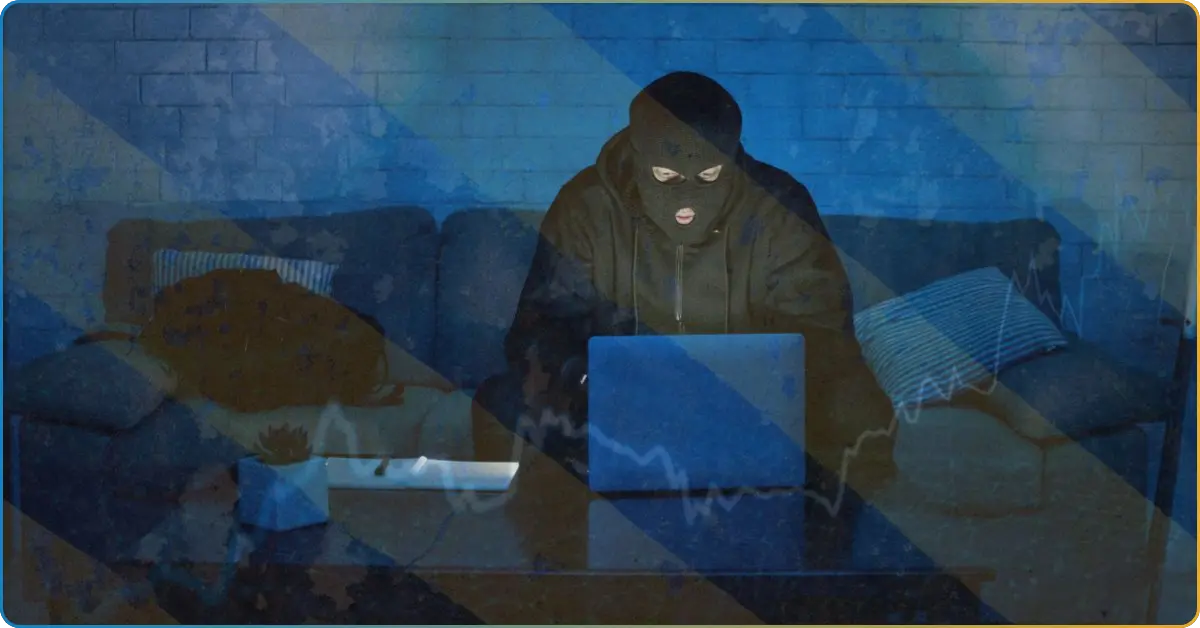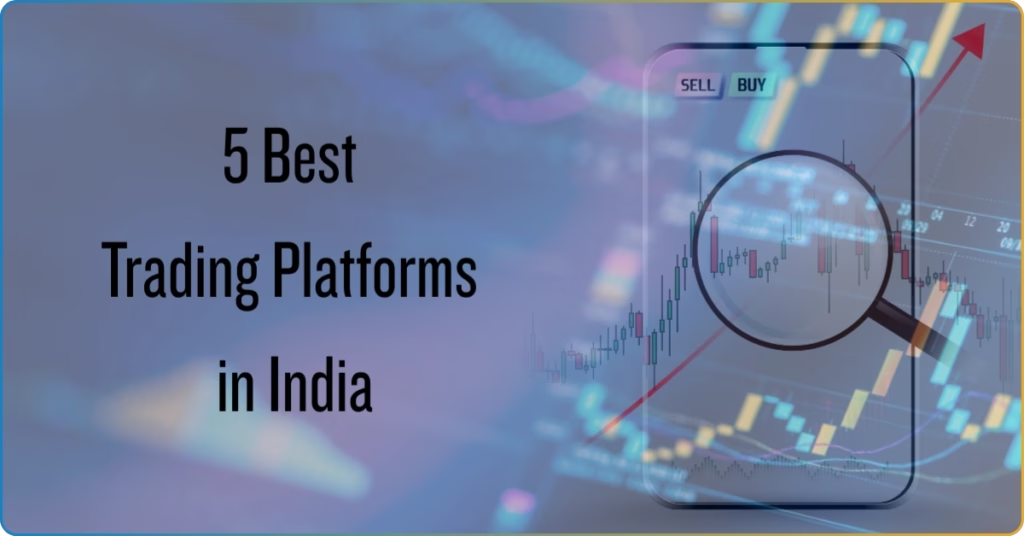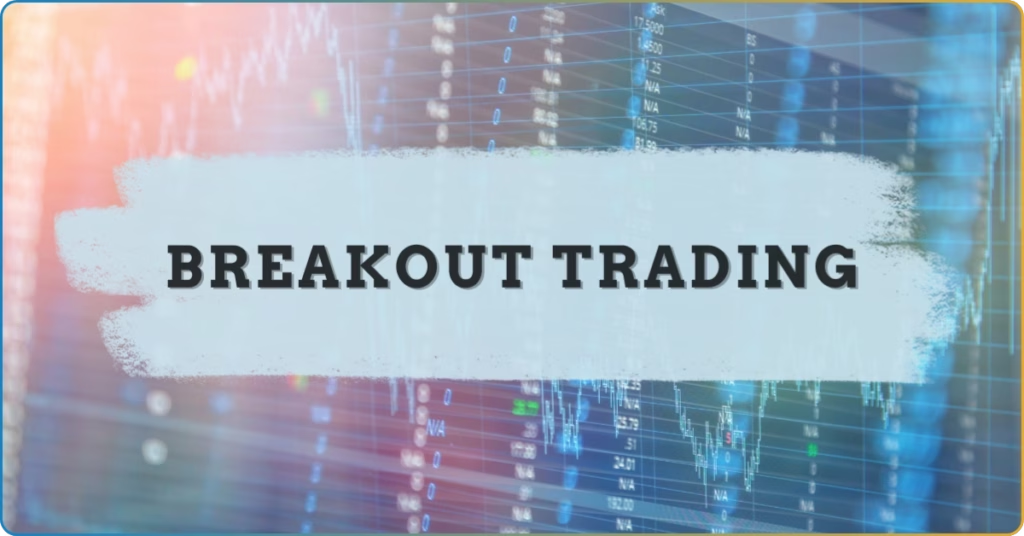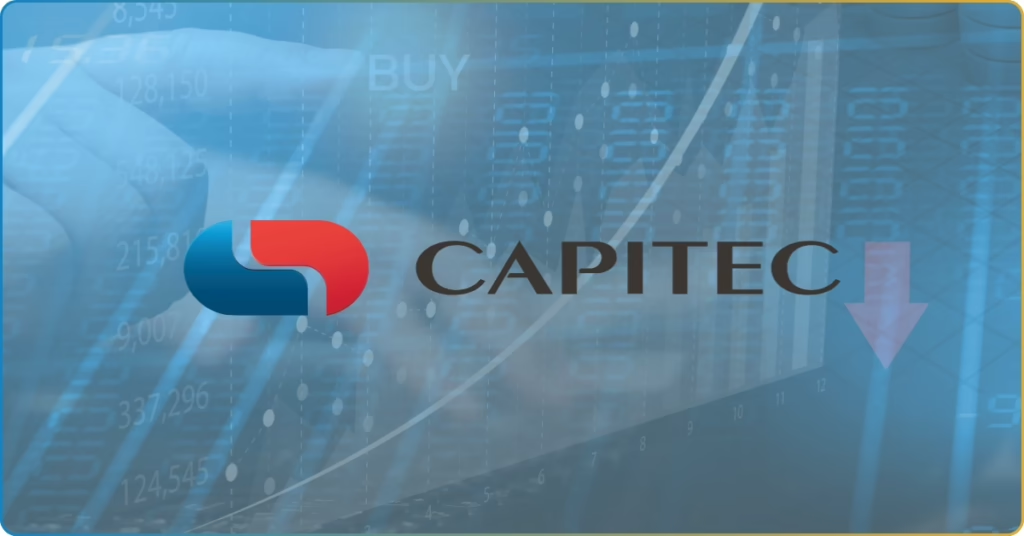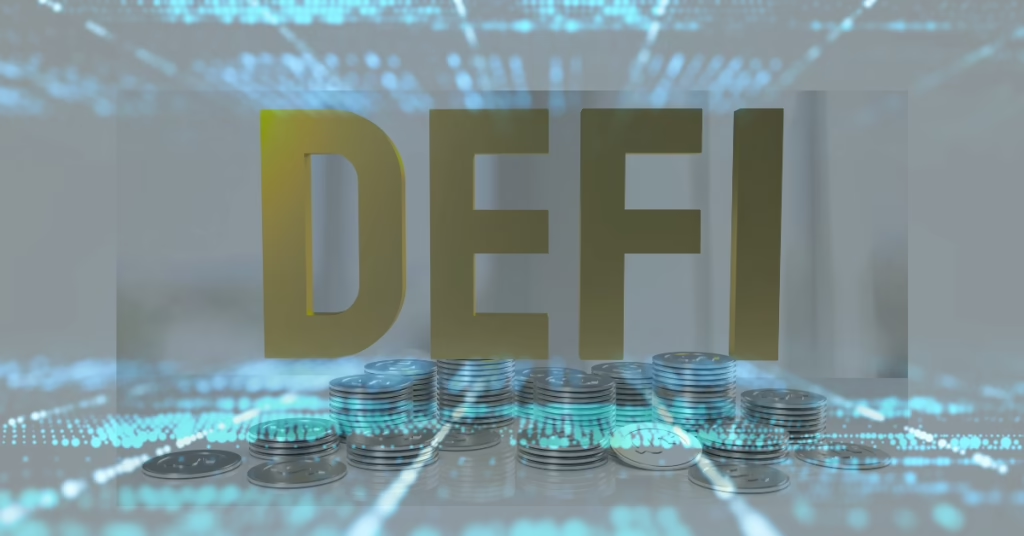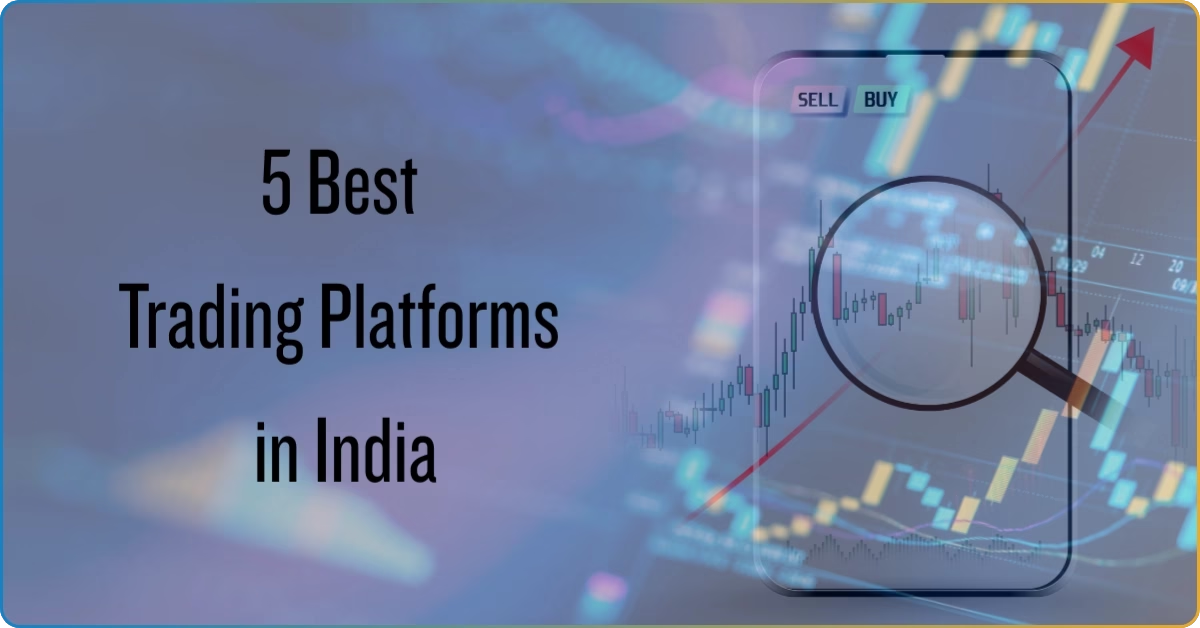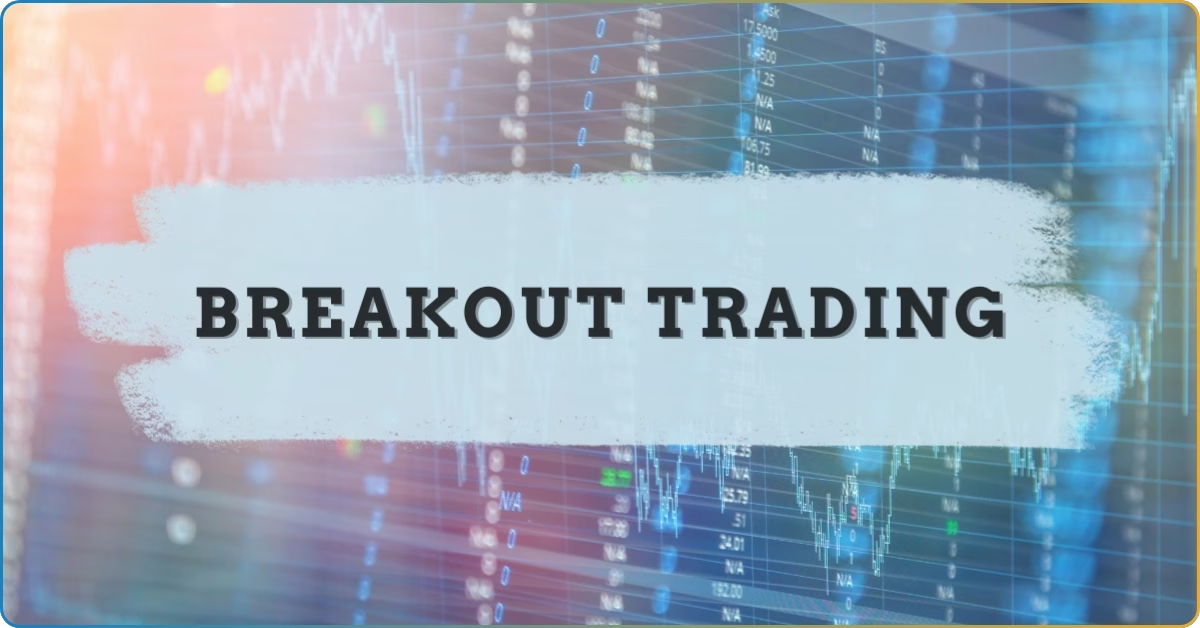Thanks to media literacy, people are becoming more and more aware of the unethical practices of fraudulent online users.
Unfortunately, technological advancement presented a modern solution for fraudsters to continuously deceive and target unsuspecting individuals. Deepfake scams are the infamous example for this.
The name deepfake is derived from artificial intelligence’s deep learning capabilities and its usage to create fake content in image, audio, or video recordings.
What’s the reason behind these scams? It’s to spread false information by making it appear that it came from a trusted source.
This is especially critical in the financial market as big personalities like global leaders, economists, and billionaires are considered significant market movers.
In this TRU Insight, we’ll explore the pervasive nature of deepfake scams in the South African financial market. Read on and discover the two entities the Financial Sector Conduct Authority (FSCA) called out for using deepfake to advertise their investment product.
What Is Deepfake Scam?
Fraudulent individuals have found a more sophisticated way to capture the trust of unsuspecting investors.
Deepfake is the byproduct of rapidly growing technological capabilities and artificial intelligence (AI). It utilizes deep learning AI capabilities to create fake content, including image, audio, or video recording.
Note: Deep learning uses artificial deep neural networks to replicate human processes and perform tasks using the technology.
While deepfakes can be used for creative and entertainment purposes, they also raise significant ethical and security concerns.
One concern is its use to perform fraudulent operations, ultimately deceiving unsuspecting victims into believing something a rather fake trusted entity said.
Why Is Deepfake Scam Pervasive in the South African Financial Markets?
The financial markets (forex, crypto, stocks, and commodity markets) present significant opportunities for the South African public to secure a better financial future and avoid the country’s wealth inequality.
However, the risks in the financial markets go beyond the market volatility. It’s not the main reason most South African investors lose money – instead, it’s due to the unethical practices of fraud investment product providers.
A new and more sophisticated method by scammers is to romance unsuspecting investors using deepfake technology.
Scammers capture the public’s trust by creating fake media (image, audio, or video recording) of a reputable or influential person. This is the first way to get the public to invest in their fake investment product.
This approach has become pervasive in the South African financial markets as investors tend to put their faith in personalities with immense influence in the financial markets, like finfluencers, expert analysts, economists, billionaires, and politicians or global leaders.
Related: Finfluencers in 2025: Can You Trust Them? : The Rise of Deepfake Scams in South Africa: The FSCA Issued Public WarningAs investors trust any investment advice from successful individuals and market movers, deepfake successfully entices the public into putting their hard-earned money into their investment platforms.
The Financial Sector Conduct Authority Warned the Public About Deepfake Scams
The year 2024 has been rough on the South African financial markets. It witnessed various economic fluctuations and, worse, uncountable cases of investment scams.
Before the year ends, the FSCA warned the public about the silently increasing cases of deepfake scams in South Africa. It’s said that scammers use deepfake technology to either impersonate a reputable firm or to endorse their investment product to the public using the fake media of an influential entity.
According to the financial regulator, these schemes are successful as the public tends to make passive decisions about investment.
The watchdog advised the South African public to cross-verify all the information and financial advice they got, especially if they come from an unauthorized channel like social media platforms.
Ultimately, the public should refrain from accepting financial advice from any individuals or entities without proven license or authorization from the FSCA.
Related: What Is Investment Ponzi Scheme: South Africa Financial Terrorists : The Rise of Deepfake Scams in South Africa: The FSCA Issued Public WarningDeepfake Scam in South Africa: Fake Video of Patrice Motsepe Promoting Gold Earnings Hub and Africa Gold Capital
One week into 2025, the FSCA blew a whistle against Gold Earnings Hub and Africa Gold Capital for soliciting investment from the South African public without an FSP license.
However, the plot thickens as the two investment platforms were revealed to use deepfake technology to create fake endorsement materials for Dr. Patrice Motsepe, the Executive Chairman of Africa Rainbow Minerals (ARM).
Dr. Motsepe and ARM significantly influence the financial markets by being the leading mining company in South Africa.
Thus, the fake representation created by the deepfake ads successfully made unsuspecting investors invest in the two platforms.
Additionally, it’s not only the representation that does the job of scamming the South African public. The scammers targeted the rag-to-riches dream of investors, promising to guarantee 46% daily returns from investments between ZAR 2,000 and ZAR 100,000.
Africa Gold Capital and Gold Earnings hub made all these promises through the deepfake ads of Dr. Motsepe, ultimately winning the trust of South Africans.
Read the full statement of the FSCA about the matter:
Red Flags of Deepfake Scam
The tools used by scammers are getting more and more sophisticated. AI’s deepfake capability is now used to create an image, audio, or video of credible personalities to deceive investors.
This makes passively consuming any information or financial advice dangerous. Remember, being vigilant and cautious is the way to ensure safety in the high-stakes financial market.
Here are the four key red flags to watch out for to spot deepfake scams:
Unnatural Facial Movements and Expressions
AI mimics the neural processes of humans. However, it’s yet to succeed in getting the nuances of facial movements and expressions as our brains uniquely operate them.
This is why deepfakes often fail to replicate natural facial movements. Look for irregularities like lips not syncing with speech, overly stiff expressions, or blinking that seems out of place.
Lighting and Edge Discrepancies
Inconsistency in the frame’s lighting and object (face) edges are the common giveaways in deepfake media.
Thus, it’s essential to take a closer look at the media’s pixels to check for mismatched lighting, inconsistent shadows, or blurred edges around the face of the hairline.
Voice and Audio Inconsistencies
For the audio recording, the inconsistencies in tone, pitches, and overall audio quality signal a strong sign of recording manipulation.
Pay close attention to the voice to spot a potential deepfake scam. The common indicators are robotic tones, distorted audio, or the lag between the lip movement and the speech register.
Emotional or Urgent Requests
Like any investment scams, deepfake scams target the desperation or excitement of the victims through the created sense of urgency.
Scammers find the deepfake system useful for this aspect. As it can replicate a particular living person (your loved ones or an authoritative figure), the sense of urgency becomes stronger due to the request representation.
Remember to be skeptical of media that demands money-sensitive information or action.

